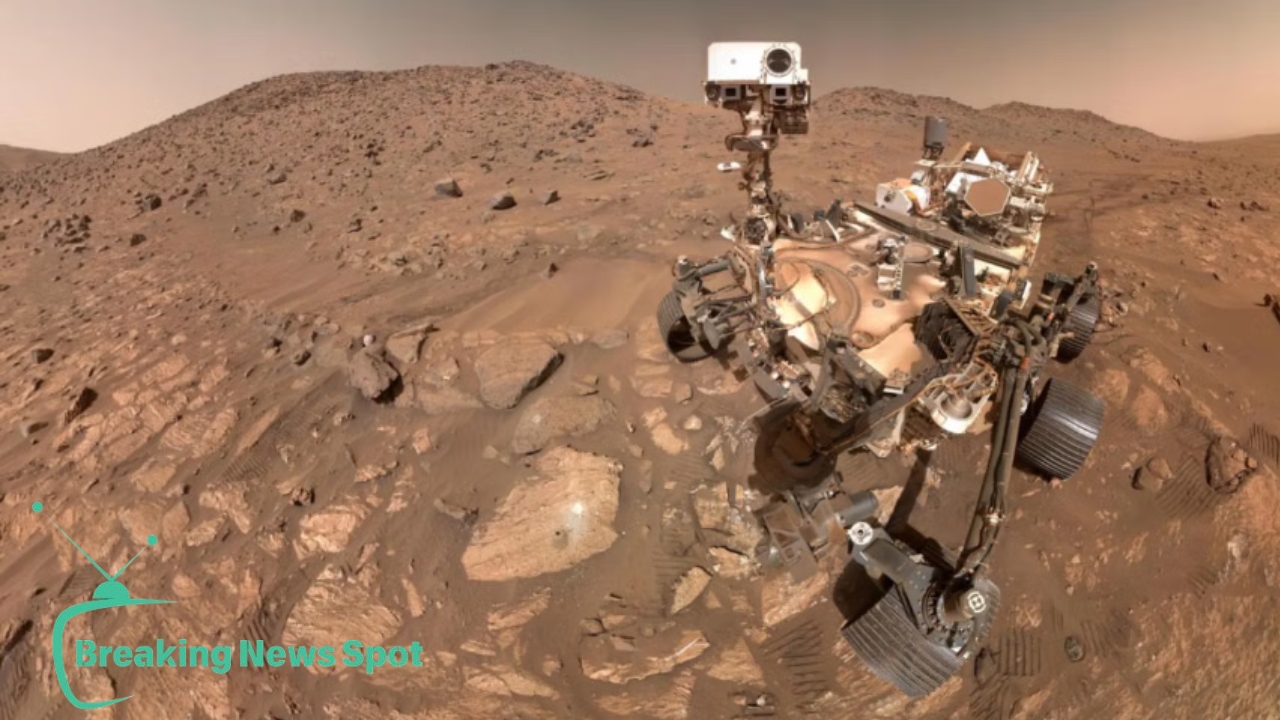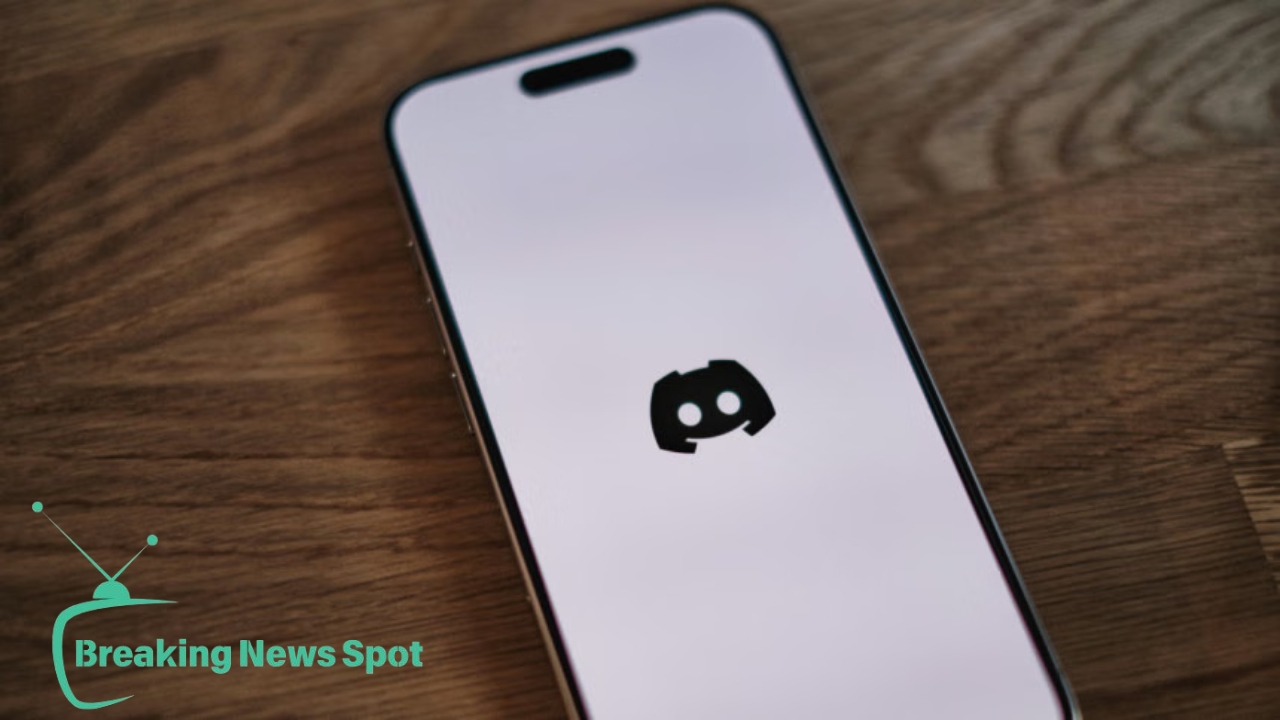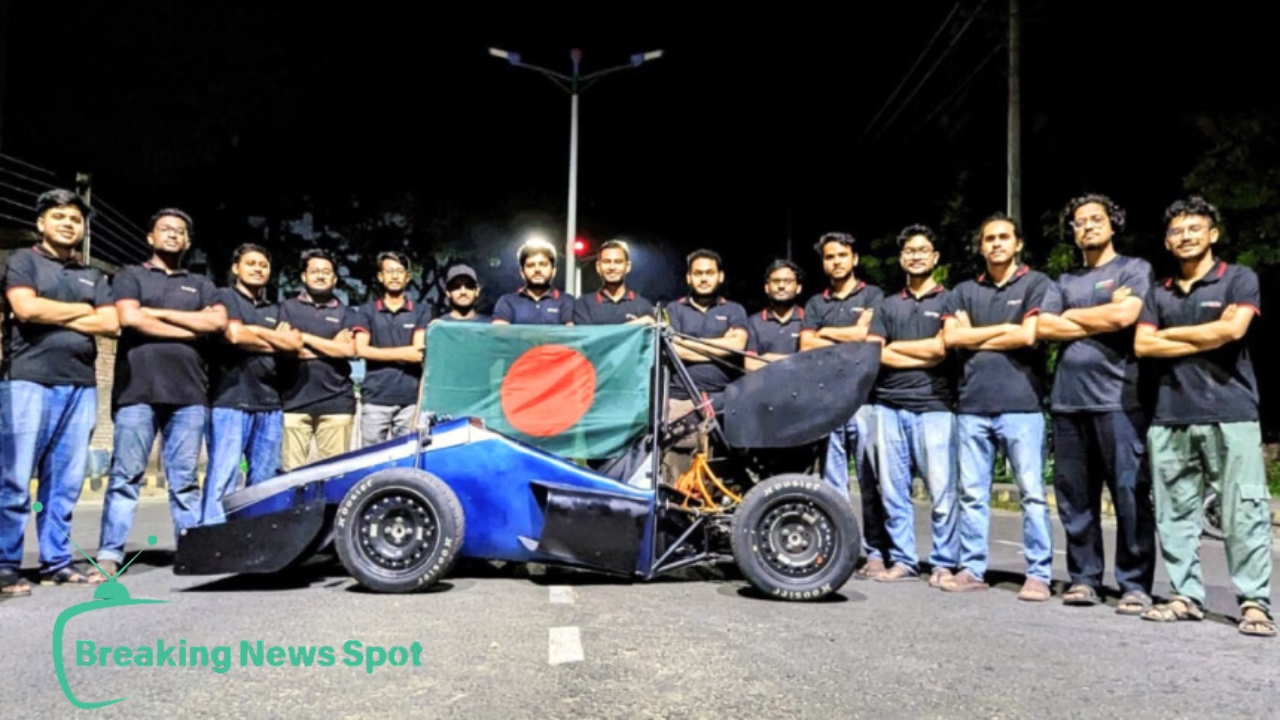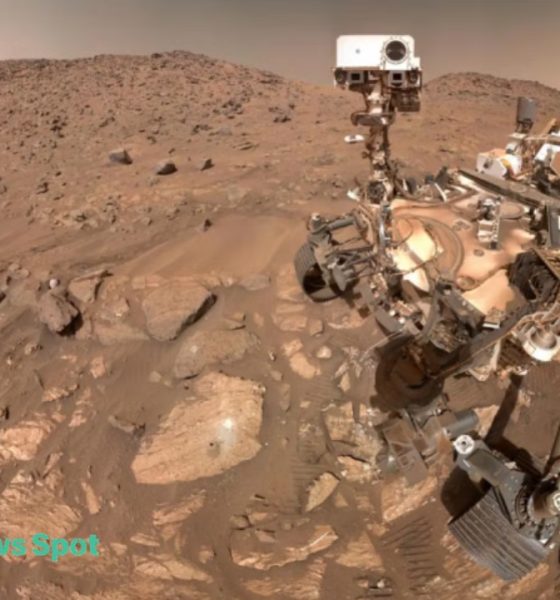Tech
Xiaomi brings Redmi Note 14

The highly anticipated Xiaomi Redmi Note 14 has arrived in Bangladesh, thanks to the country’s top mobile phone brand and international tech behemoth Xiaomi. This top smartphone boasts an excellent AI camera configuration. It will offer a professional photography and photo-editing experience. Tech enthusiasts will be drawn to the Xiaomi Redmi Note 14 because of its unique performance and design.
“Legendary Shots, AI Crafted” is the motto for the Xiaomi Redmi Note 14, which will elevate mobile photography to a new level. With its 108-megapixel AI camera setup, the smartphone will produce vibrant, sharp, and detailed images that will rival those of a professional photographer. It provides tools for editing and perfecting photographs, like AI Sky and AI Erase. As a result, photographers will be able to use the AI Eraser tool to edit images in their own unique style and create flawless landscapes.
The Xiaomi Redmi Note 14’s durability is another feature. The gadget makes use of the well-liked Corning Gorilla Glass 5, which is exclusive to the Xiaomi Redmi Note 14 in this market, to prevent scratches and offer additional protection during regular usage. It is also protected from dust and water spills by its IP 54 rating. The smartphone can therefore be used in any circumstance without risk.
The processor of the Xiaomi Redmi Note 14 is a 6-nanometer MediaTek Helio G-99 Ultra chipset. Customers will have a seamless experience for four years thanks to the combination of MediaTek’s G-99 Ultra chipset and Xiaomi’s new operating system, HyperOS. Customers’ gaming, streaming, and multitasking experiences will all be more effective thanks to this potent chipset. The smartphone’s display is a 6.67-inch AMOLED screen that is vivid and colourful. Customers will enjoy a remarkably smooth scrolling experience because to its 120 Hz refresh rate. Additionally, even in direct sunlight, the Xiaomi Redmi Note 14’s 1800 nits peak brightness will guarantee vibrant and clear images.
The smartphone’s potent 5500 mAh battery has been deployed with an emphasis on heavy users. Customers may easily get a day’s power backup thanks to its long-lasting battery. The phone has a 33-watt internal turbo charging facility for quick charging, which takes 77 minutes to charge from 0% to 100%.
For convenience and security, the Redmi Note 14 incorporates an in-screen fingerprint sensor. Consequently, the phone may be swiftly unlocked without the need for extra buttons or patterns. Music and video enthusiasts will enjoy crystal-clear sound thanks to the phone’s Dolby Atmos twin speakers. Additionally, contemporary features like IR blasters will give variety and individuality to everyday phone use.
The Xiaomi Redmi Note 14 will come in four eye-catching hues: Ocean Blue, Lime Green, Mist Purple, and Midnight Black. The phone feels high-end in the hand and has a fashionable appearance due to its slim and light design.
“We are thrilled to introduce the Xiaomi Redmi Note 14 to the market,” stated Ziauddin Chowdhury, Country Manager, Xiaomi Bangladesh. This is an extension of our dedication to offering Xiaomi enthusiasts in Bangladesh state-of-the-art technology. Customers’ daily smartphone experiences will be further improved by its robust construction, 120Hz AMOLED display, and potent 108MP AI camera. For everyone who values performance, design, and a first-rate experience, we think this smartphone will be the best option.
Tech
Possible signs of ancient life on Mars are discovered by a NASA rover.

The Perseverance of NASA According to study that was published on September 10 in the scientific journal Nature, the Mars rover may have found signs of ancient microbial life on Mars.
NASA said the results are based on a rock sample that was taken in Jezero Crater, an old dry riverbed that used to supply water to the planet’s basin. ‘Cheyava Falls’ is the name of the rock that was sampled in 2024 when the rover studied a feature known as Bright Angel.
According to NASA, the sample, now known as “Sapphire Canyon,” included mineral patterns and chemical compounds that scientists believe could be potential biosignatures—features that may be connected to biological activity but need more research before any inferences about life can be made.
Within the sedimentary rocks, Perseverance’s sensors found organic carbon, sulfur, phosphorus, and oxidized iron—elements that potentially sustain microbial metabolisms on Earth.
Additionally, they discovered iron-rich minerals such as greigite (iron sulfide) and vivianite (hydrated iron phosphate), which are known to occur in conjunction with microbial activity or decomposing organic debris. However, the data is equivocal since these mineral fingerprints may also be created by non-biological events.
The finding, which contradicted previous theories that only older Martian formations may retain traces of life, was surprising since it originated from relatively fresh sedimentary rocks, according to experts. If verified, the finding would indicate that Mars was habitable later in its history than previously thought.
Since it began working at Jezero Crater in 2021, Perseverance has gathered 27 rock cores for analysis. In addition to continuing its research, NASA intends to utilize the rover to test materials for possible spacesuits and monitor environmental conditions in order to get ready for future human flights.
Tech
Gen Z selected Nepal’s new prime minister over Discord before the announcement was made.

Discord is a social networking service more commonly associated with online gaming, but last week hundreds of teenagers used it to support Nepal’s future leader, giving the nation’s political dilemma a new dimension.
Following weeks of turmoil, their candidate, former Nepalese Chief Justice Sushila Karki, was sworn in as Nepal’s first female prime minister on September 12 and led an interim administration.
After officials in the Himalayan state tried to limit social media use, Generation Z (those born approximately between 1997 and 2012) took the lead in the demonstrations, which were mostly against corruption.
Using internet platforms, protesters—many of whom were in their teens and twenties—organized marches, disseminated information, and ultimately cast ballots for possible candidates. As reported by India Today recently, the most well-known center was a Discord server dubbed ‘Youth Against Corruption’, which at its height had over 130,000 members.
In the last round on September 10, more than 7,713 ballots were cast, and Karki received a majority of more than 50% of the vote, according to a recent article from the South China Morning Post. Prior to her formal appointment on September 12, Karki met with General Ashok Raj Sigdel, the leader of Nepal’s army, and President Ram Chandra Poudel.
It’s unclear, though, if the Discord vote had a direct impact on Sushila Karki’s official appointment as Nepal’s prime minister.
Discord was first created in 2015 by Jason Citron and Stanislav Vishnevskiy as a way for gamers to interact while playing. Since then, a younger audience has been drawn to its straightforward interface and combination of text, audio, and video features, particularly during the pandemic when usage grew well beyond the realm of games.
Hundreds of thousands of people can join Discord servers, forming large online communities with news, debate, and coordination channels.
The platform turned as a vital organizing tool for the protests in Nepal. In addition to the leadership vote, volunteers established channels for fact-checking, emergency support, and logistics within the Youth Against Corruption site. With the use of this system, protesters were able to control information flows in real time while staying away from major social media sites that were prohibited, like Facebook, Instagram, X, LinkedIn, and others.
Tech
Bangladesh will be represented at Formula SAE Japan 2025 by the RUET team.

At one of the most prominent engineering design contests in the world, Formula SAE Japan 2025, where students construct and compete in formula-style electric vehicles, Team Crack Platoon from Rajshahi University of Engineering and Technology (RUET) is representing Bangladesh.
At Aichi Sky Expo, Formula SAE Japan 2025 got underway on September 8 and will run through September 13. Ninety teams were chosen this year from a large number of international applications; the only Bangladeshi team to make it was Team Crack Platoon from RUET. Since no other South Asian team has made it to the competition this year, they are also representing the area.
The Society of Automotive Engineers (SAE) organizes the competition every year, which is widely regarded as the “Olympics of Engineering Students” and challenges competitors to design, build, and test automobiles that adhere to exacting international standards. Teams are graded on many things, such as their design, cost analysis, business presentation, and how well they stay on track with their performance.
Team Crack Platoon will be racing with CP-Astrion, their third-generation electric race car. It has a lightweight composite frame, wings that are better at reducing drag, and a battery system backed by Tesla. As the team says, this car was built to meet the world safety and performance norms of Formula SAE.
“We’re excited to learn from the best and show that Bangladeshi students can compete on this global stage,” team captain Saadman Saqueeb stated in reference to the tournament. The tale of CP-Astrion, which was created with little funding but a great deal of enthusiasm and collaboration, is what sets us apart.
The group believes that by sharing their experience, other students will be inspired to investigate innovation. “We want our journey to demonstrate that Bangladesh can produce world-class engineering,” Saqueeb continued. We believe that if we can do it, anybody can, and we hope that this encourages creativity and experiential learning throughout South Asia.
There are 28 people in the entire Crack Platoon team, and they work in several departments like design, business operations, electrical, and mechanical. Team Captain Saadman Saqueeb, Electrical Head Sudipto Mondal, Mechanical Head Md Habibullah, Design Head Md Nayem, and Business Head Rafiul Haque Ayon are in charge of the sectors.
-

 Tech6 months ago
Tech6 months agoDo you frequently use ChatGPT? A study says that you’re lonely.
-

 Sports6 months ago
Sports6 months agoMessi comes back and scores in less than two minutes.
-

 Sports7 months ago
Sports7 months agoThey will make IPL a hit
-

 Entertainment7 months ago
Entertainment7 months agoDue to his mental health issues, David Kushner has cancelled his tour.
-

 Entertainment7 months ago
Entertainment7 months agoWhy did Juhi reject Salman?
-

 World7 months ago
World7 months agoIsrael continues its Gaza attack, killing a journalist and issuing evacuation orders.
-

 Fashion7 months ago
Fashion7 months agoBefore getting your ears pierced, here are some things to consider
-

 Fashion7 months ago
Fashion7 months agoWhy you should add deshi products to your Eid shopping list














